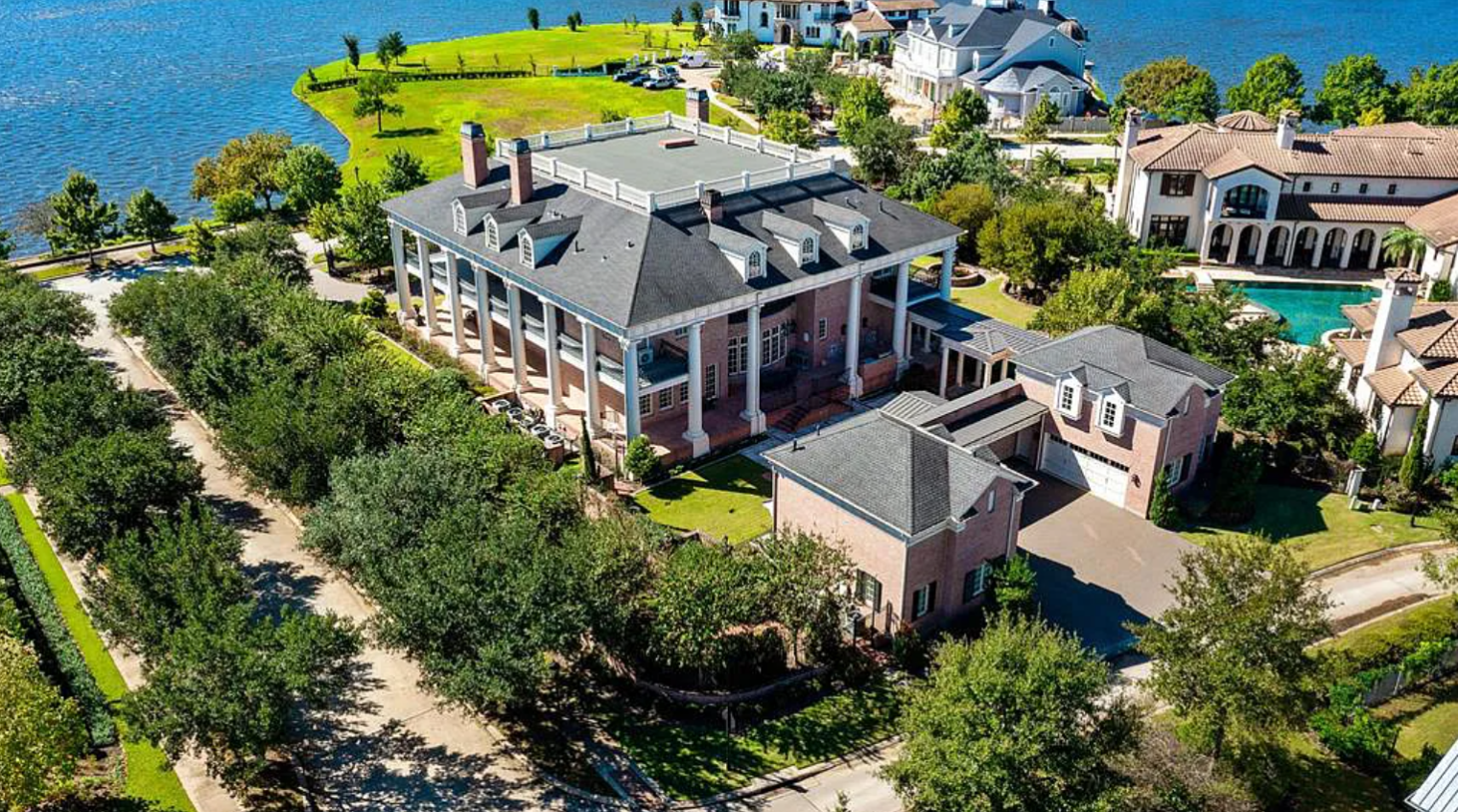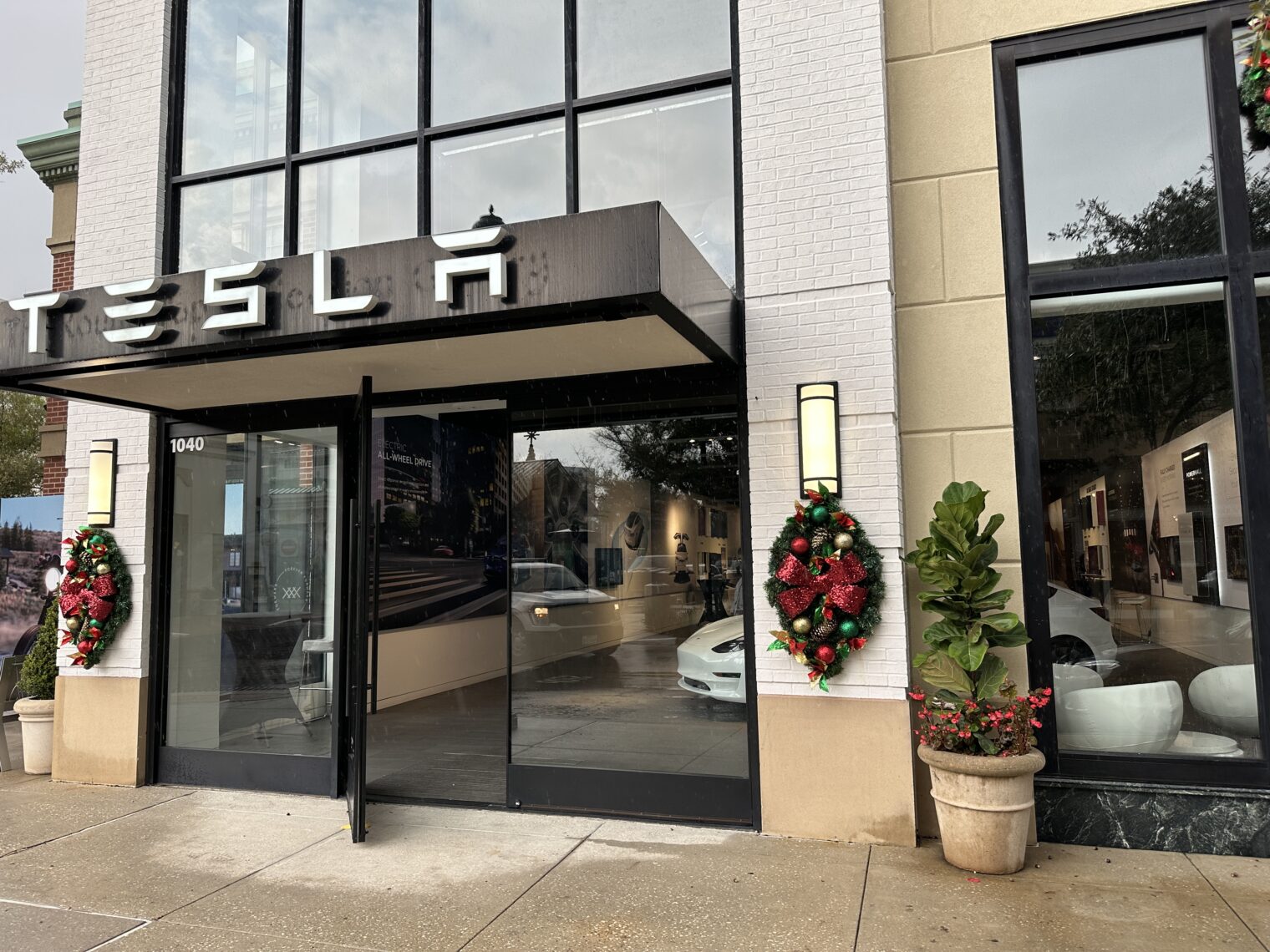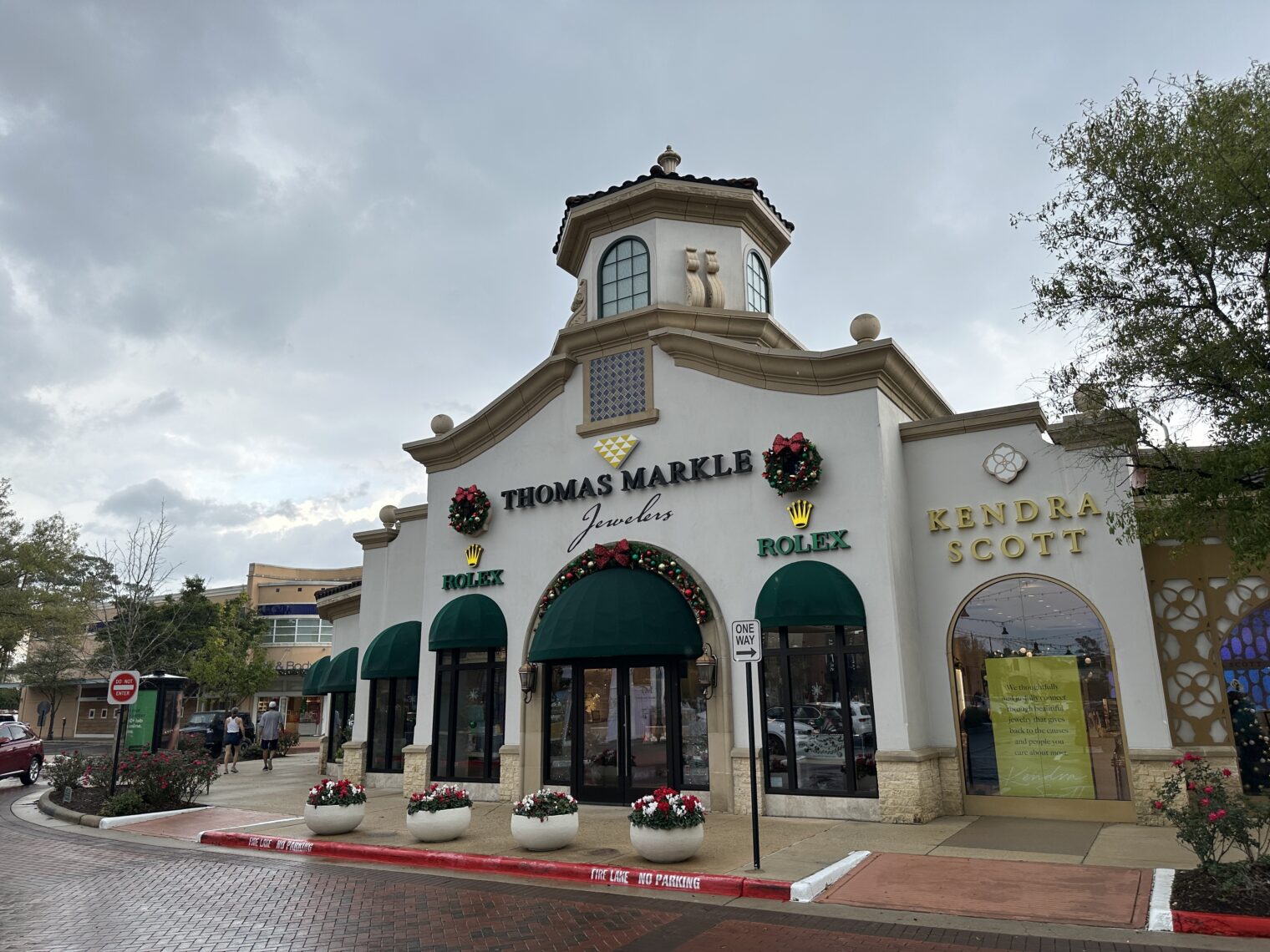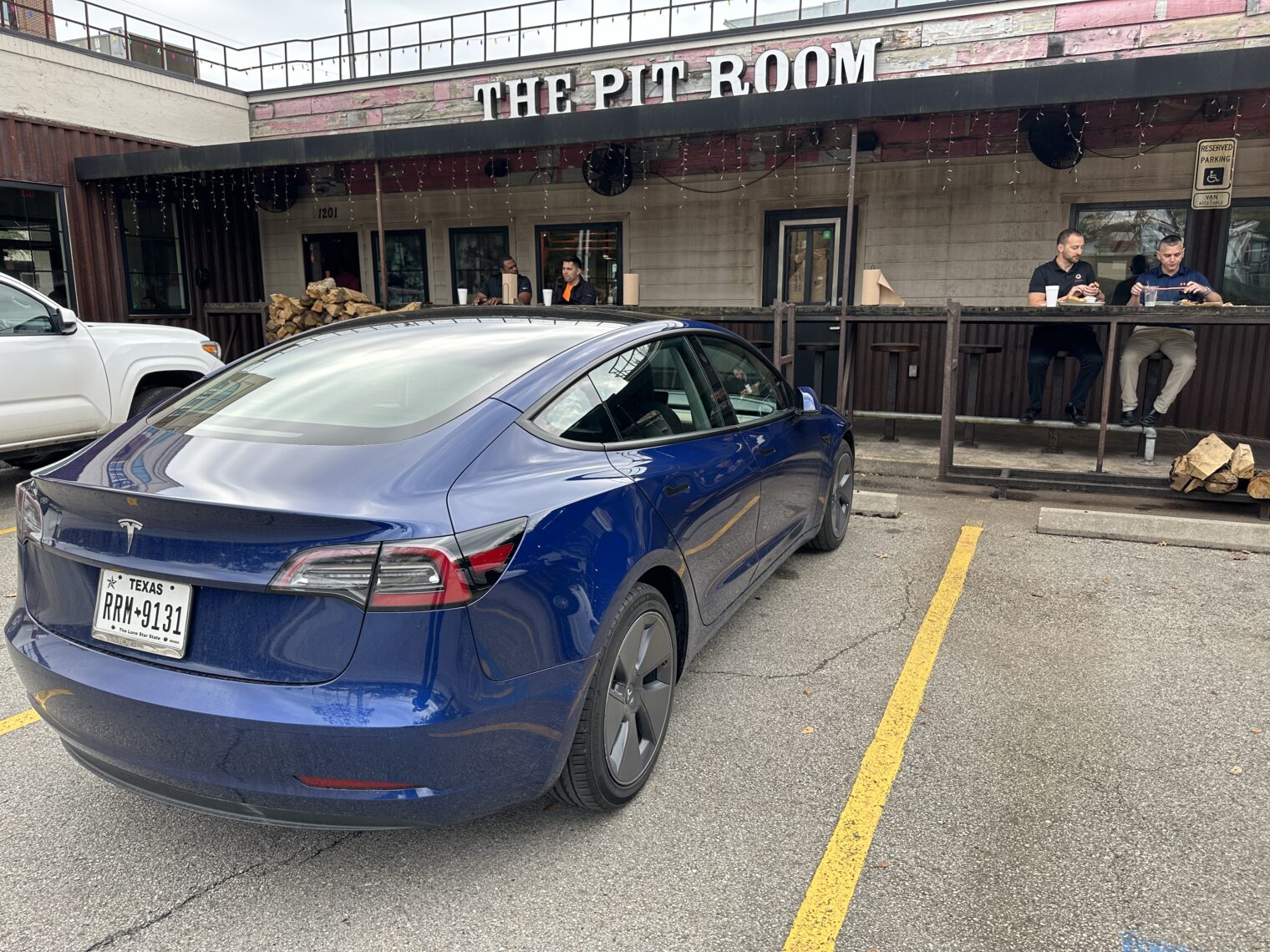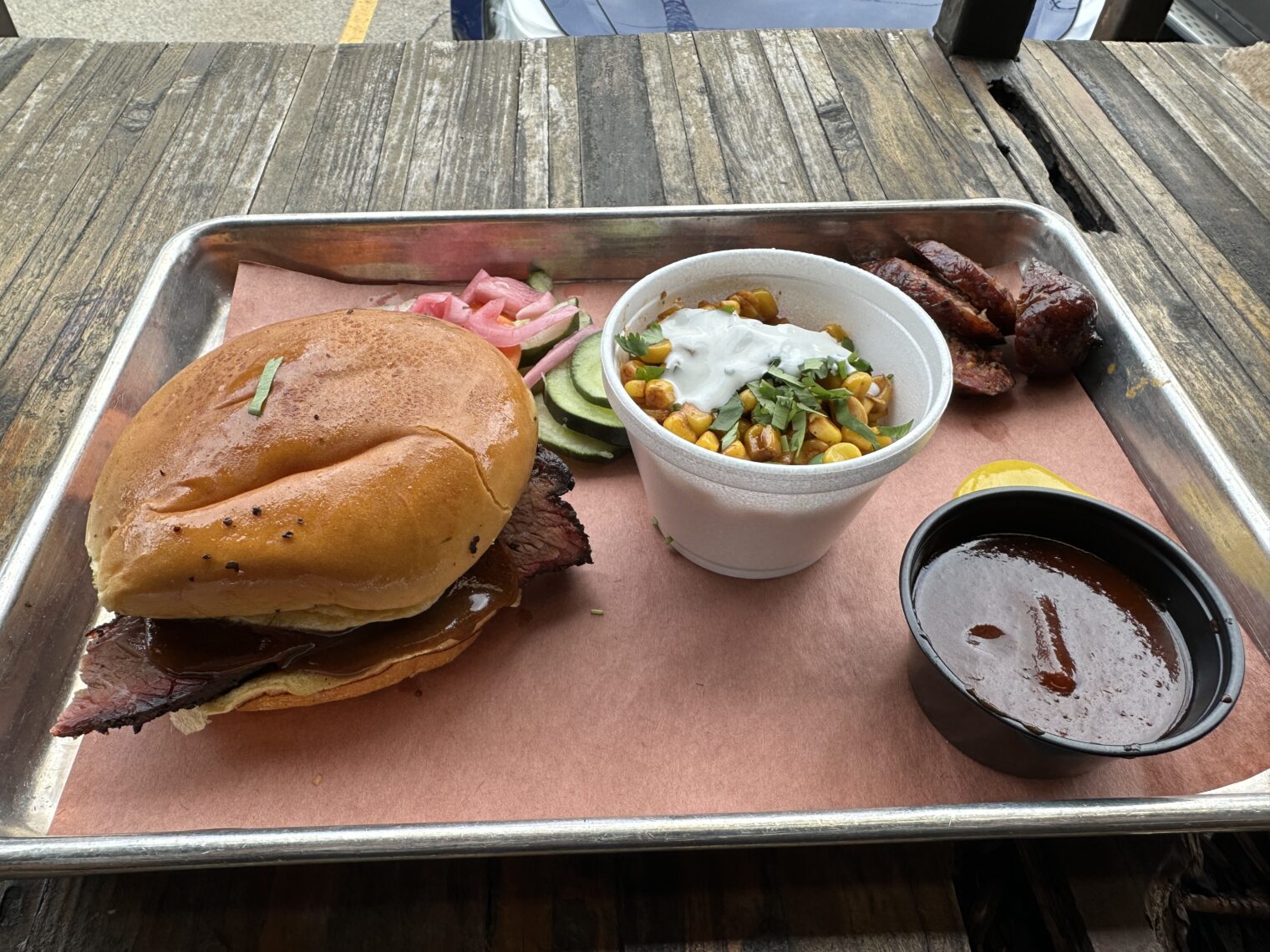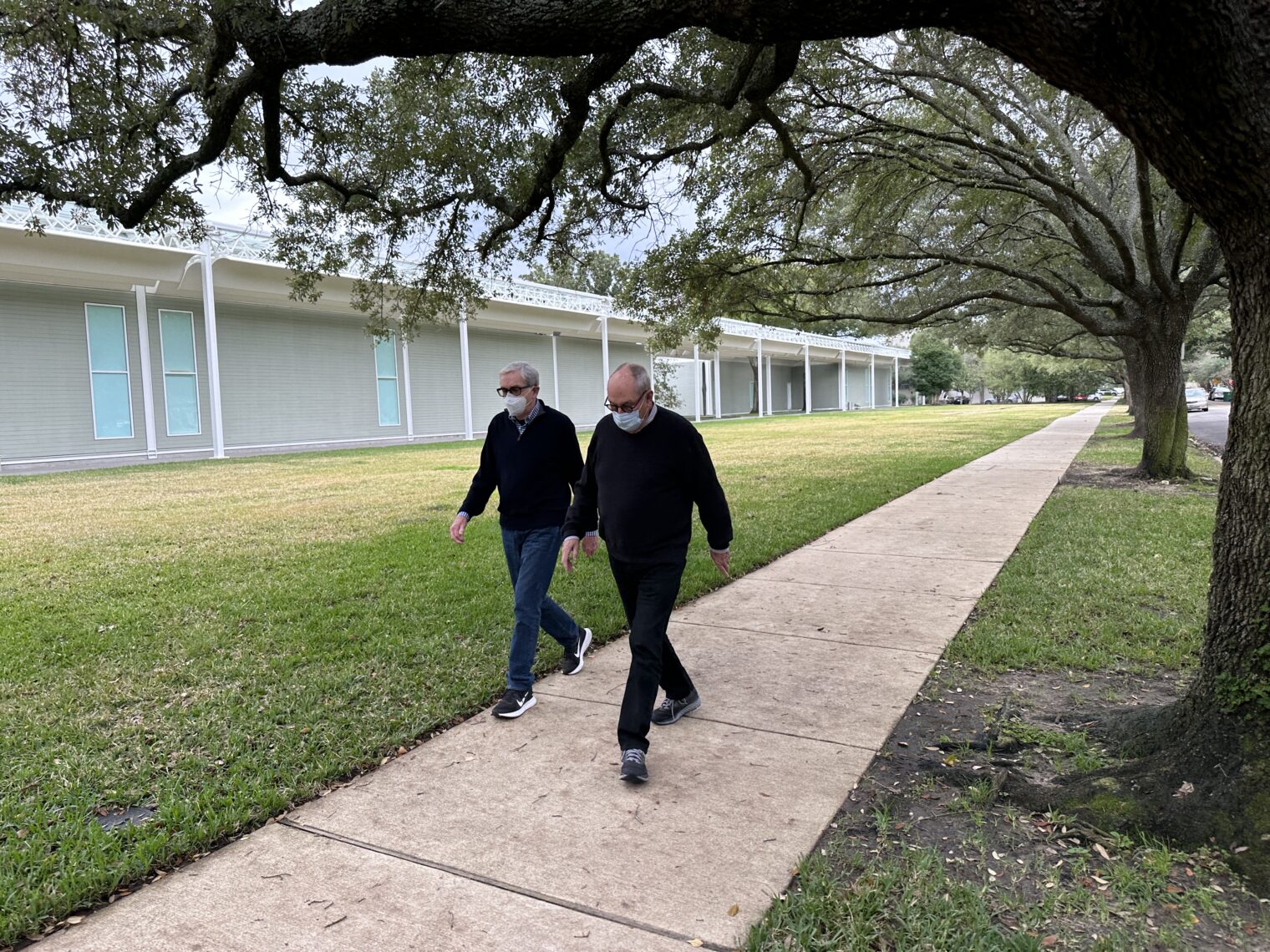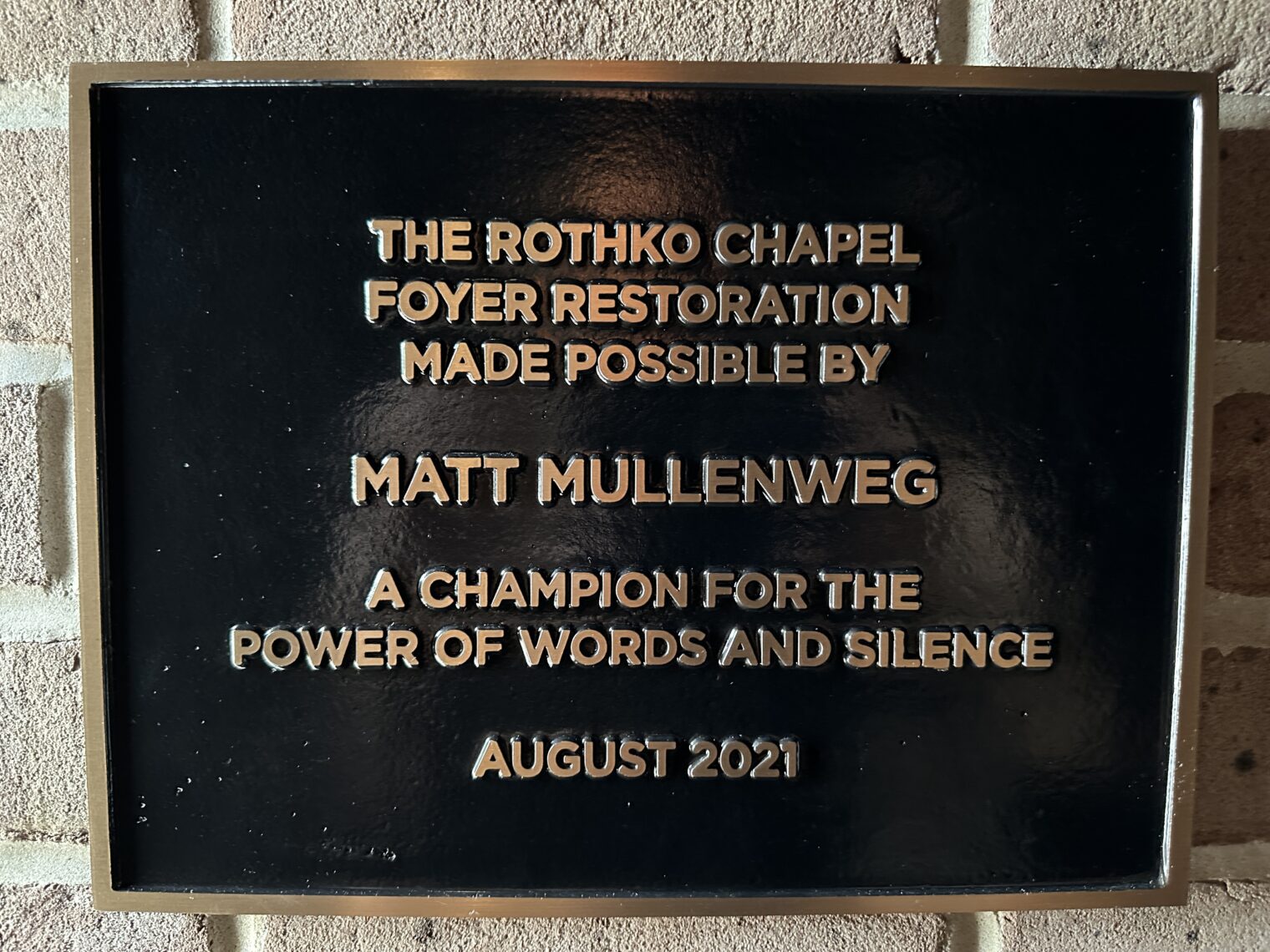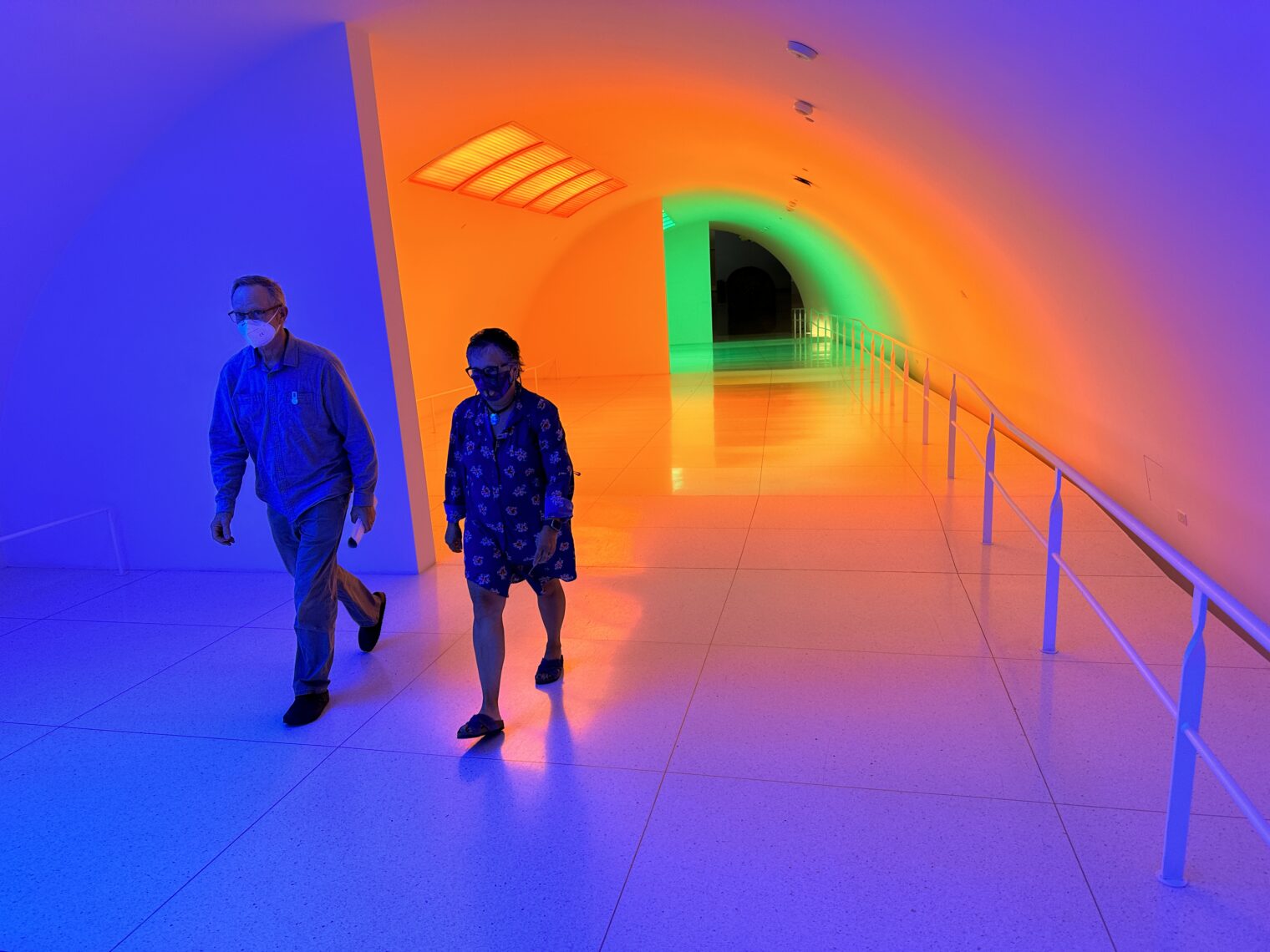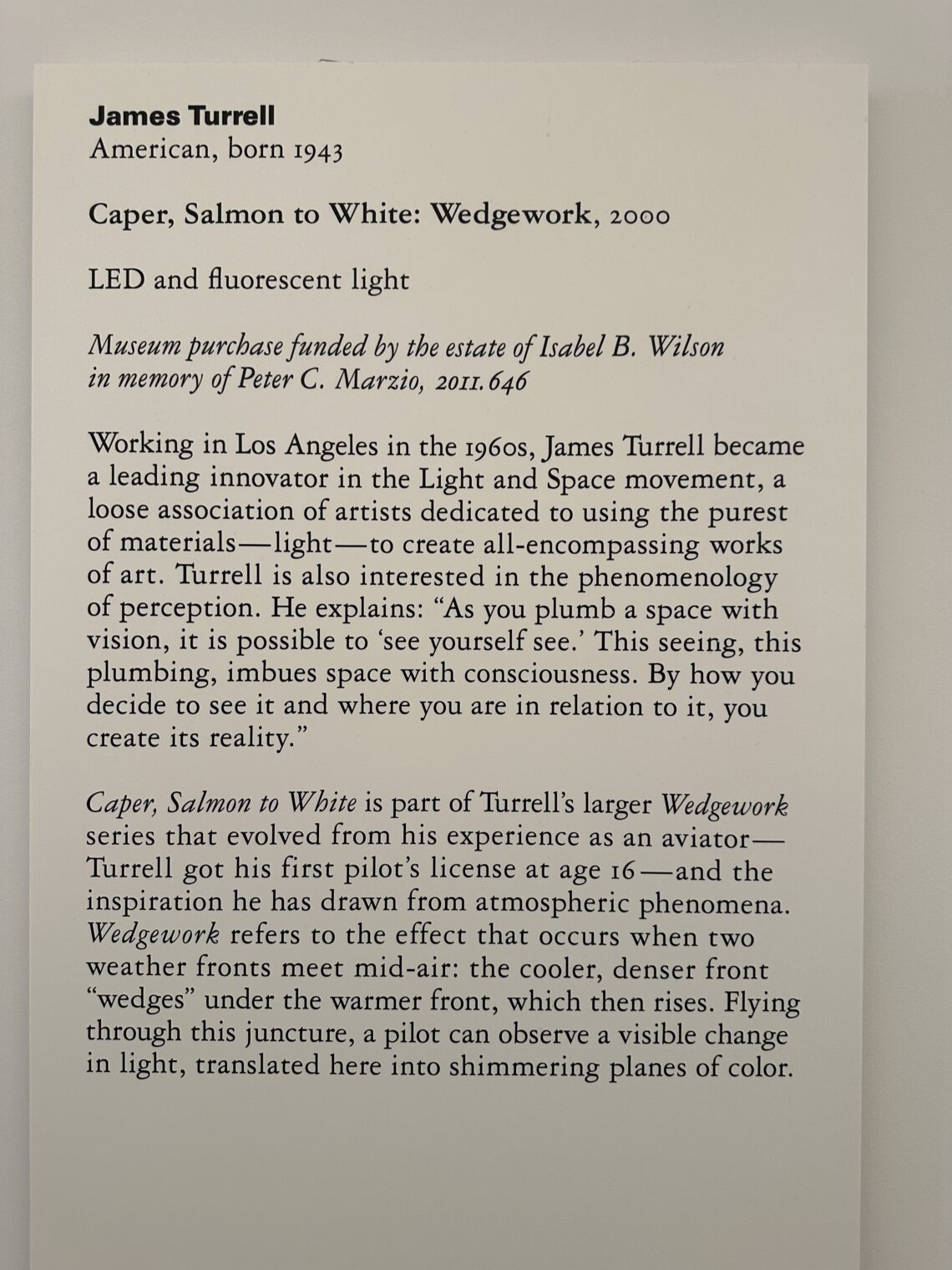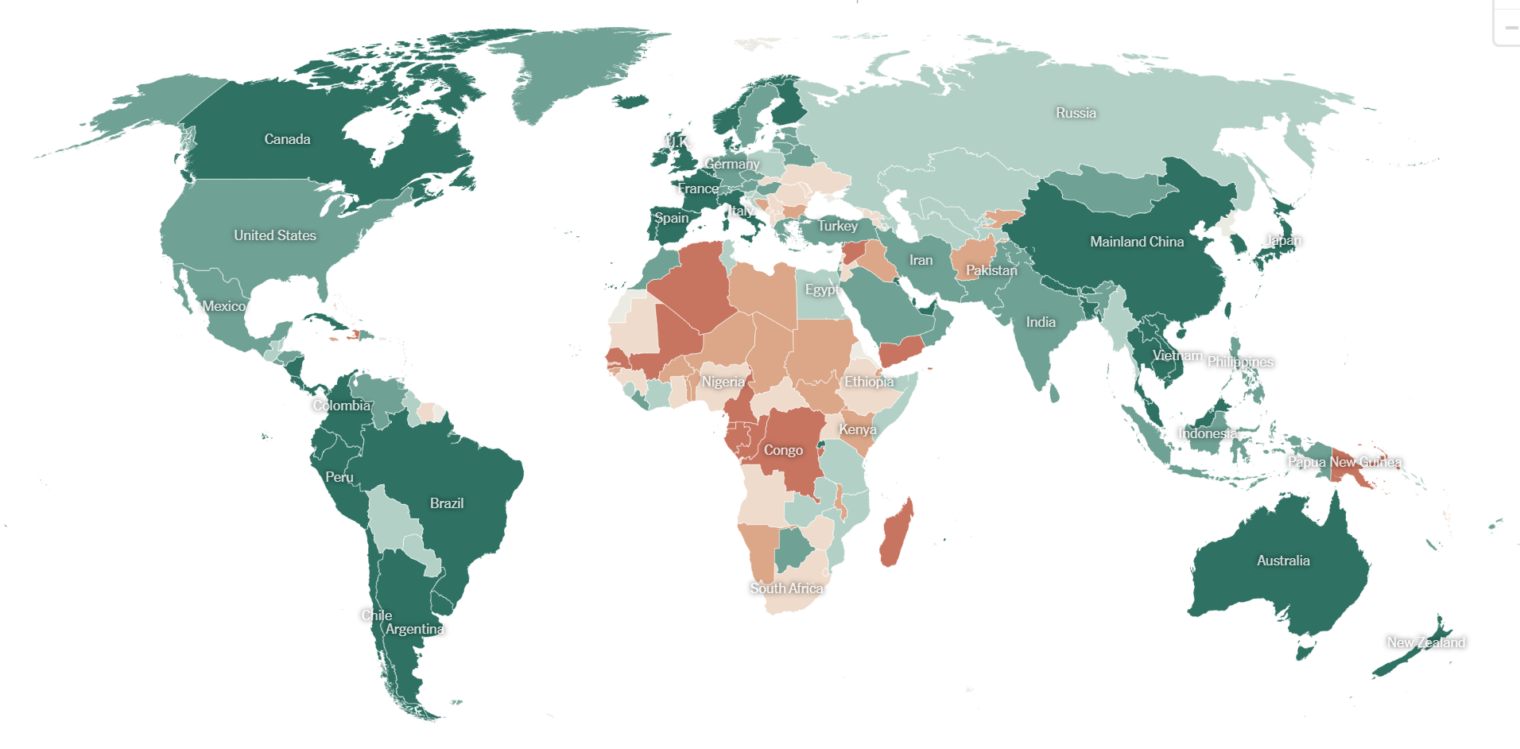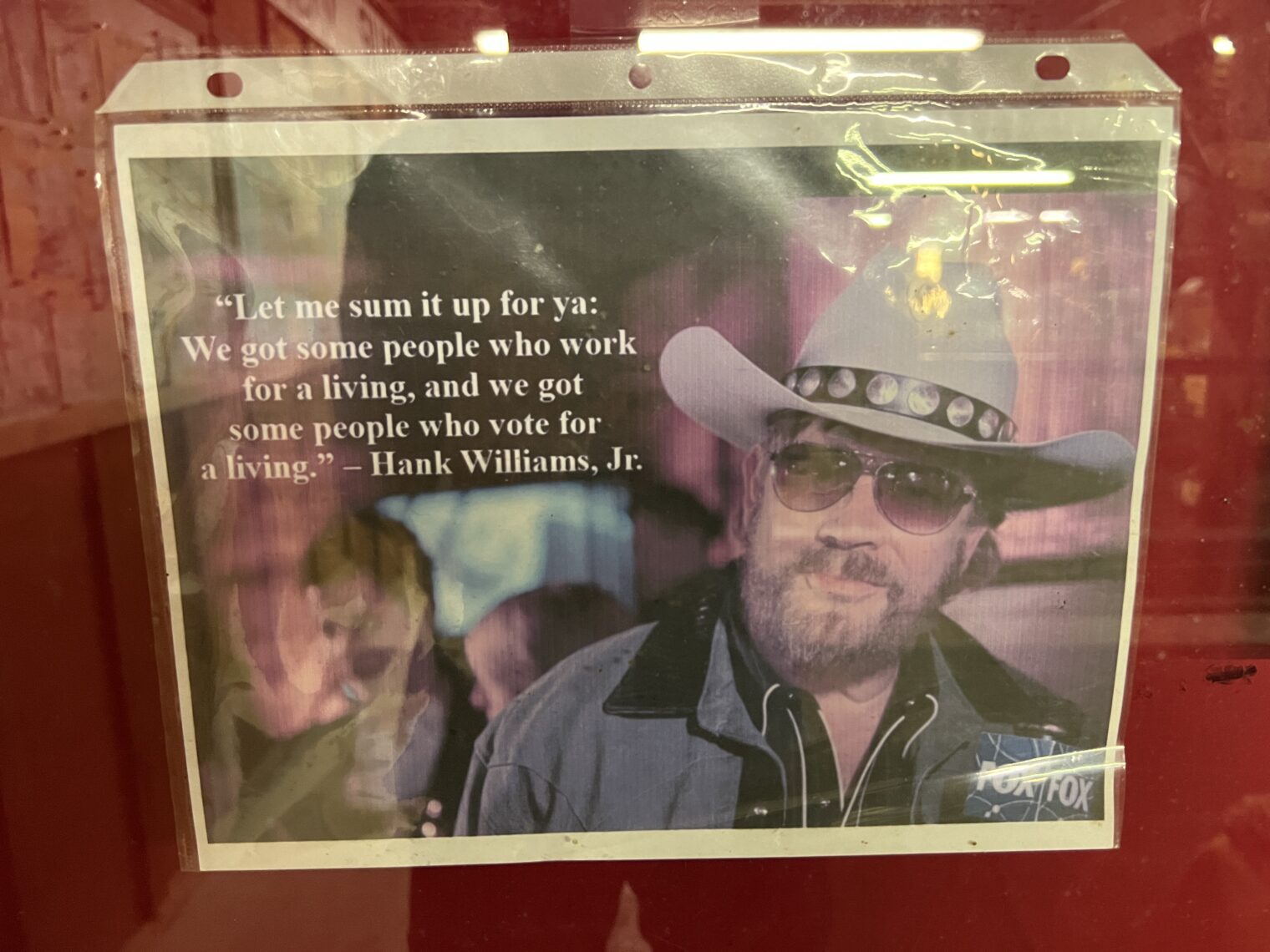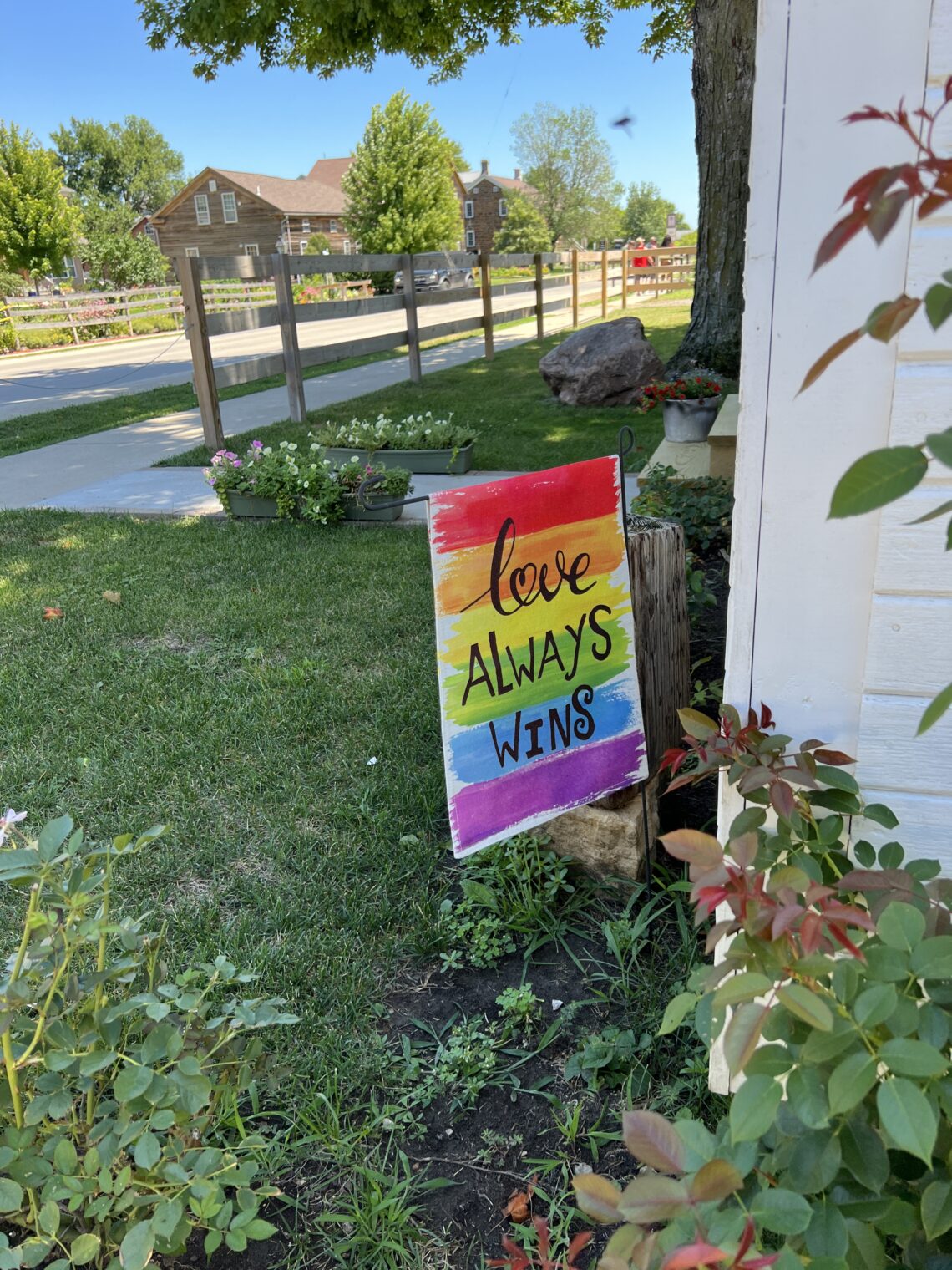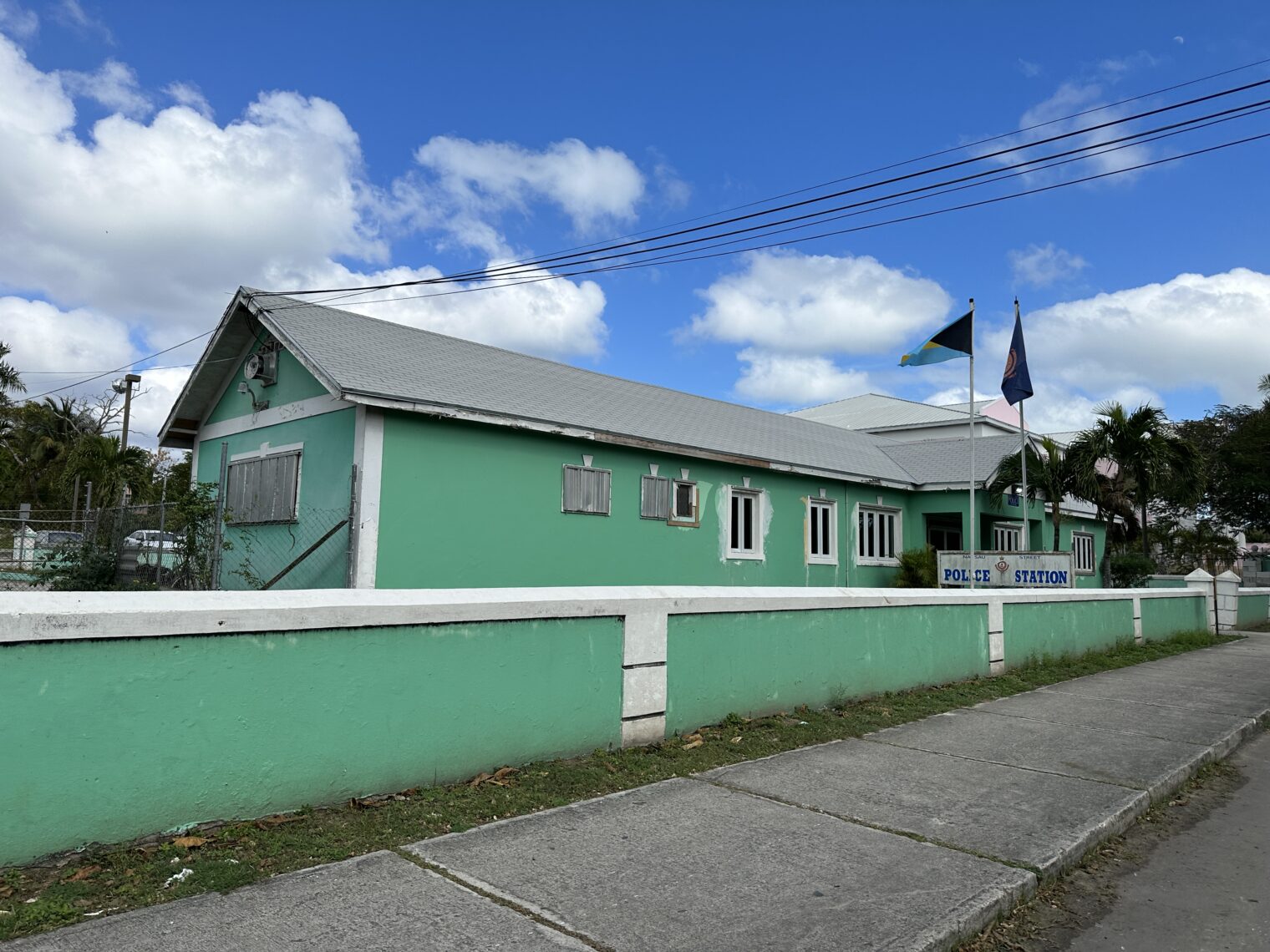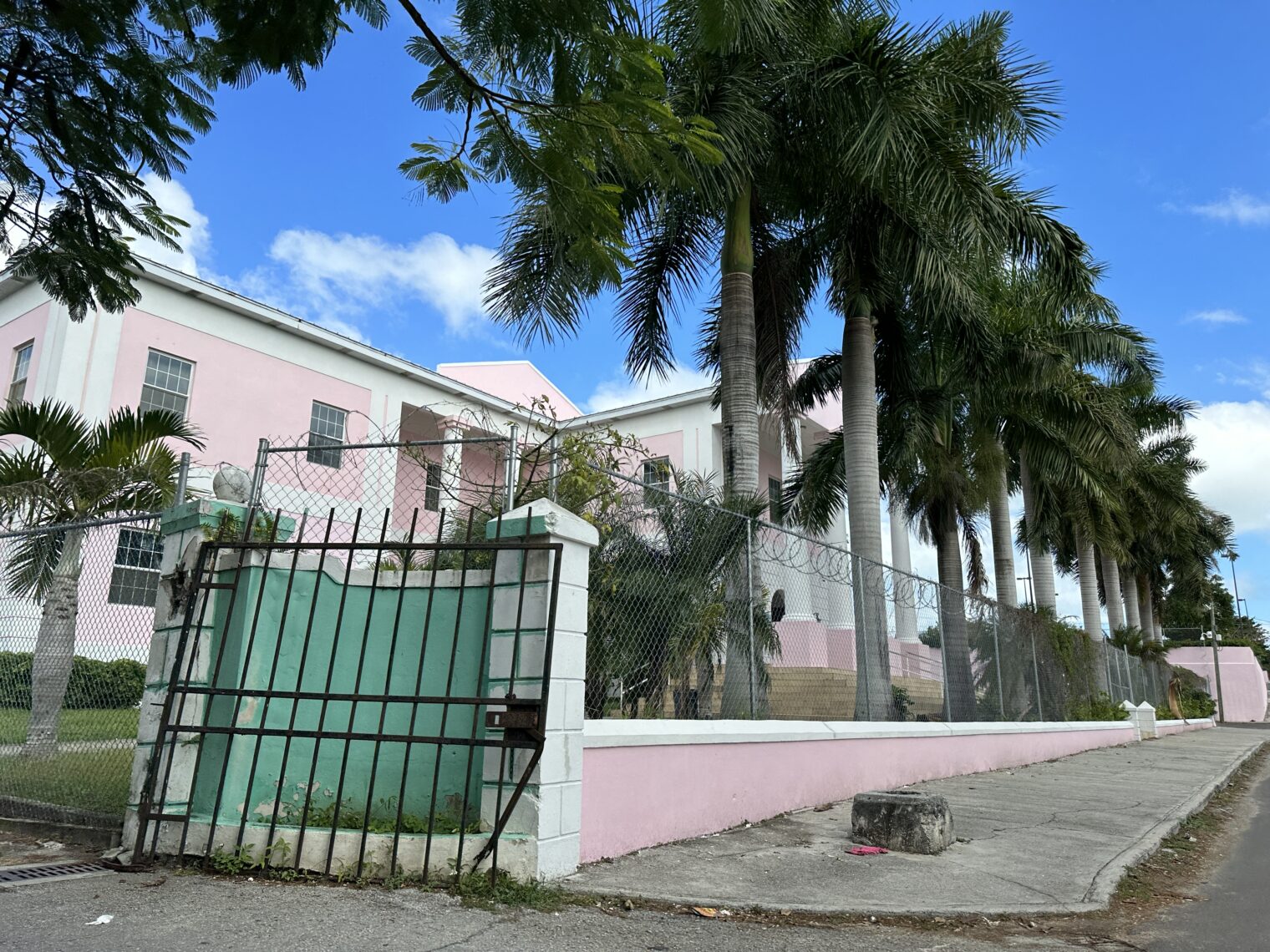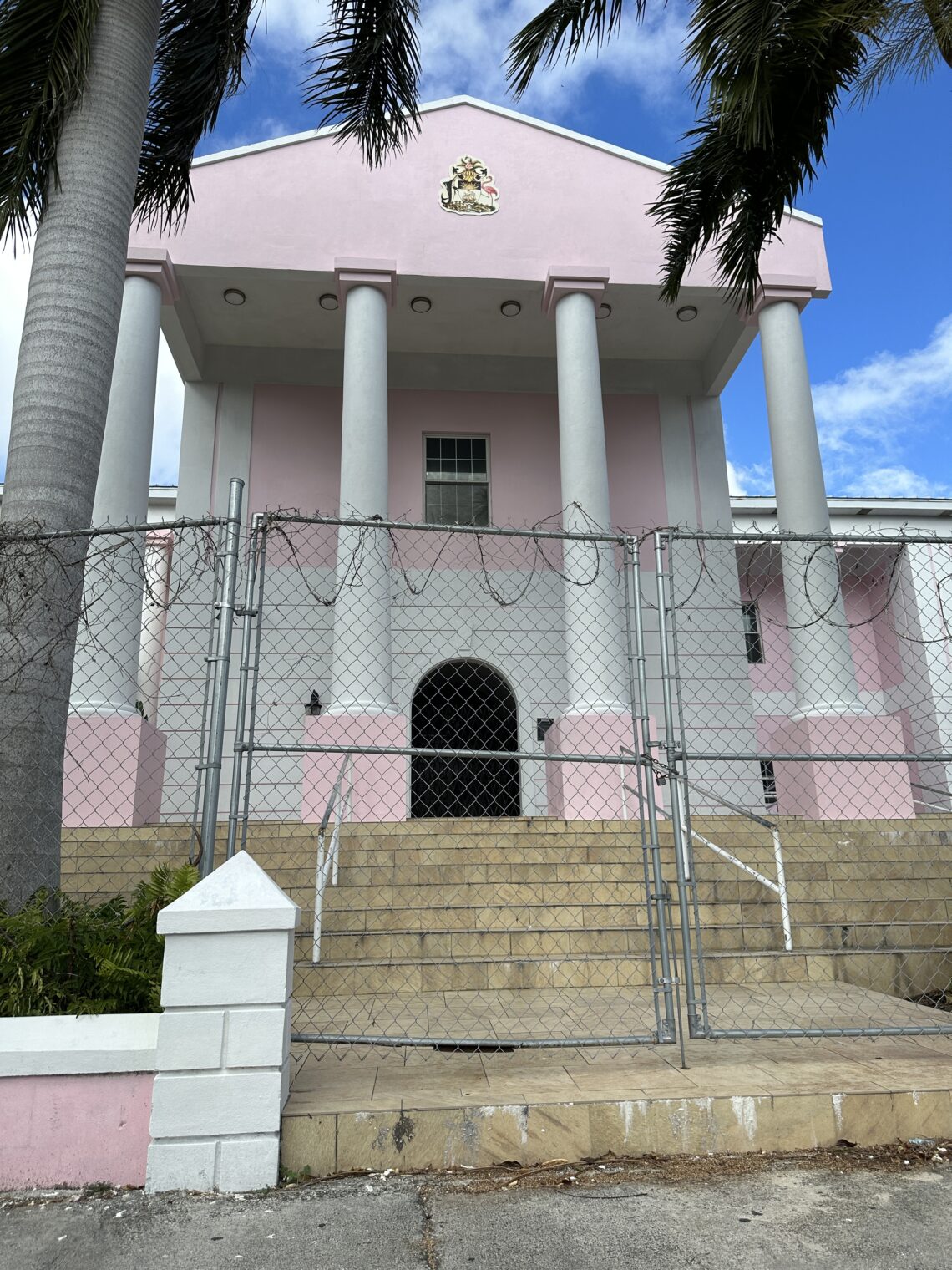“Do you feel safe at home?” in Maskachusetts versus Florida health care settings
One constant feature of health care in Maskachusetts was the provider asking, often as the first question of an encounter, “Do you feel safe at home?” A fit 6’2″ tall 25-year-old who identified as a cisgender heterosexual man would be asked this question just the same as a frail slight person identifying as female.
A memorable example of this was the delay of care being provided to Senior Management after I had taken her to a community hospital in Cambridge, MA at 5 am. Getting to the bottom of the “Do you feel safe at home?” question was more important than asking about the labor pains that had occasioned the hospital visit (the same hospital where she had been receiving prenatal care, so it wasn’t a new-patient situation). In order that she would be free of coercion, the person who got up at 4:30 am to do the hospital drive had to removed into a separate room so that the 9-months-pregnant person could answer this question freely before moving on to whether abortion care (perfectly legal at all stages of pregnancy in Maskachusetts) or delivery was desired.
An example in miscommunication occurred when the question followed me telling the doctor that I had recently returned from a trip to Israel. This was early in the adoption of the “Do you feel safe?” question so I heard it as “Did you feel safe?” and launched in a long explanation of security risks in Israel, the lack of street crime compared to big U.S. cities, etc. The doc then had to explain that she didn’t care about Israel but about whether Senior Management was physically abusing me.
Because I’m in possession of a mostly timed-out body, I’ve had quite a few encounters with physicians here in Florida since August 2021. What did these encounters have in common? Never once was I asked if I felt safe at home. Nor are patients asked to wear masks, even inside the full-service hospitals with operating rooms, etc.
Separately, I’m noticing that a remarkably high percentage of doctors in Florida are private jet charter customers. The specialist who toils for peanuts in MA and pays 5% income tax (9% under the new “millionaires’ tax” if there is a rare good year) will pay 16% estate tax on finally dying. He/she/ze/they can bask in the glory of institutional prestige, e.g., at MGH, even if prestige doesn’t come with a lot of money. The counterpart in FL seems to earn twice as much, pays 0% income and estate tax, and spends the extra on a luxurious lifestyle.
Full post, including comments